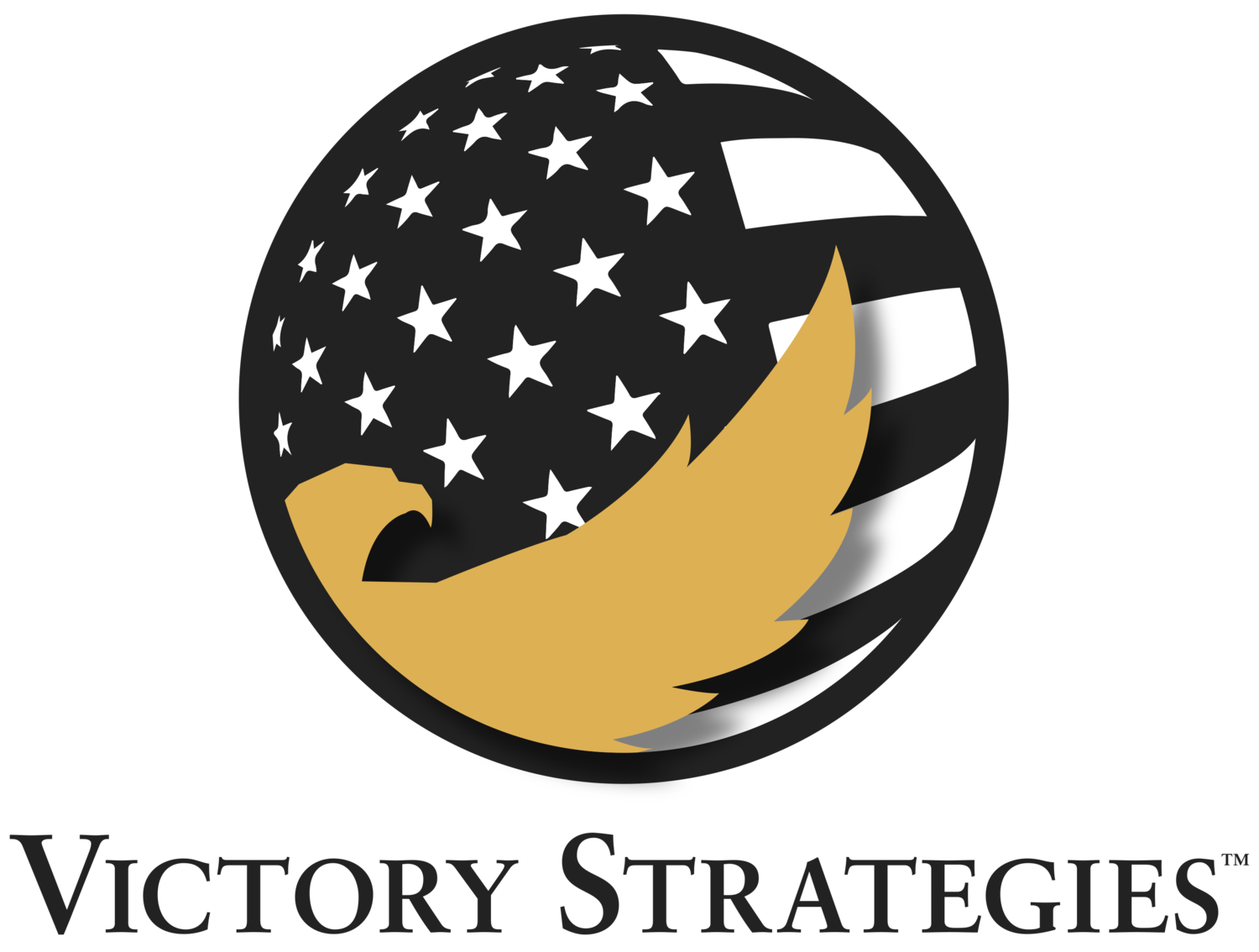“I absolutely believe that people, unless coached, never reach their maximum capabilities”
-Bob Nardelli, CEO, Home Depot.
For the last 15 years, I have been helping emerging athletes and sports teams find a way to win on the world stage. And, whether in Africa, the Pacific, or North America, the most significant factor determining success is usually not a lack of desire, hard work, or financial support but rather the quality of the person that someone is listening to the most - the coach.
Now, this perspective is not new. At least not in sports, anyway. Michael Jordan and the Bulls of the 90s would have had little chance of achieving what they did if it were not for the leadership and coaching abilities of Phil Jackson. Usain Bolt, the greatest sprinter in human history, repeatedly states that he would have never achieved and become who he is now if not for the insight and guidance of his coach, Glen Mills. At some point, one must realize that everyone who has achieved something significant, no matter their industry, has been mentored by someone who has significantly impacted how they think and perform.
But what exactly is coaching, and what makes a great coach? Well, I'm glad you asked.
Joe Mourinho, one of the greatest soccer coaches ever, said, "Coaching is taking someone where they can't take themselves." The late and legendary American college basketball coach Bobby Knight shared, "I've never felt my job was to win basketball games. Rather, my job as a coach was to do everything I could to give my players the background necessary to succeed in life." At the end of the day, whether it be sports, business, or any other area of life, coaching is helping people see further, think bigger, overcome challenges, and accelerate towards their goals.
From a technical standpoint, great coaches find a way to relate to their clients quickly, ask probing questions, and challenge effectively, prompting quality reflection while enhancing accountability. However, one of the most defining factors regarding the quality of a coach is their understanding and awareness of when their clients need to be sharpened versus encouraged. Getting this balance right is one of the biggest challenges in coaching, but the best high-performance and executive coaches get it right more often than most.
When I began coaching Team USA's Women's Rugby Team, I missed the mark for a while. Initially, I tended to be overly critical and heavily focused on the group's weaknesses. Unfortunately, in doing so, many within the team began to shut down because they had started to fear the feedback they would receive. Instead of helping bring the best out of them, my actions led many to pull back in an attempt to avoid being called out for making mistakes.
Fortunately, with this team, only a few months later, I hired an assistant who tended to reinforce an individual's strengths. Through his help and example, I quickly recognized the limiting impact I was having on the group. But now I had a choice. I knew I needed to be the first to change if I wanted to see this team improve.
So, as I shifted my attention and started to get the balance of sharpening, encouraging, and celebrating more on point, the atmosphere and training environment improved dramatically. With the changes made, what surprised me the most was it wasn't long before many of the athletes, without prompting, came to me highlighting where they were off the mark and how they planned to take responsibility for fixing it.
Over the next six months, the growth and progress were significant. The team went on to win 27 of their next 30 World Series games and achieved the number-one world ranking for the first time. However, the true question is, what if my limiting behavior had never been recognized and addressed? What if I didn't have someone come alongside me to help me find a better way? What would the results have been both on and off the sports field for the future of this team and those within it?
So often, the value of coaching is undervalued, not by the world's best but by those who need help the most. Whether the cause is pride or insecurities, sadly, so many people never unleash the gold inside of them because they are unwilling to be vulnerable and seek the help they need. But as the late Kobe Bryant once highlighted, "A lot of people say they want to be great, but they're not willing to make the sacrifices necessary to achieve greatness. That's totally fine. After all, greatness is not for everybody."
The season mentioned above, is one of the most defining times in my development. It helped me realize the danger of going alone and how surrounding yourself with quality counsel must become a non-negotiable. If investing in the right coach is important enough for Michael Jordan, Usain Bolt, Serena Williams, and other marketplace leaders like Warren Buffett, it should also be important for me.
Authored By: Chris Brown, Managing Director
